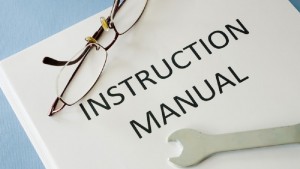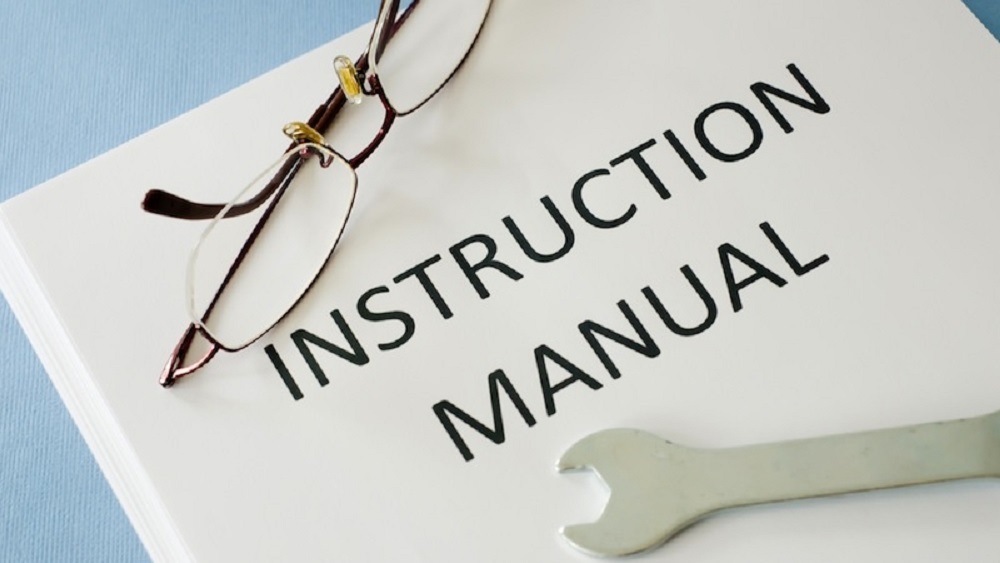You’ve found the right meeting venue in the right place at the right cost. Paul Rowney, Director at Forum Events, gets down to some often-overlooked details.
The meeting room:
• How close is the venue entrance to your registration desk? If it’s a long distance, where can you put directional signs or posters (some hotels are very picky about this)? If they won’t allow your signs, how good are theirs?
• Check the lighting: what ambiance does it give and will it be bright enough? Is it easily adjusted (sometimes the controls are not in the same room)?
• If there are windows, (ideally there should be) how quickly can the light be adjusted for a slide or video presentation?
• Will you be sharing your reception areas with other events? If so, what type of event will it be? Being adjacent to a musical instruments exhibition might not be a good idea.
• How is the temperature controlled? Often rooms get too cold, or hot. You need to be able to adjust the temperature quickly. In one hotel we used the whole HVAC set up was controlled remotely from a facility hundreds of miles away and difficult to contact.
• Ask if they are planning any further renovations or building works while your event is taking place. Many a conference has been ruined by the sound of builders working next door!
• Set up: when can you get in on the first day of the event, or even the previous evening? Some venues (not hotels generally) may have restricted times when you can set up.
The bedrooms:
• Ask to see their best and worst bedrooms. Ascertain when the bedrooms were last updated and if only some of the rooms have been renovated, make sure your guests get the new rooms.
• Do they have minibars? These can be the source of a lot of grief at check out, when someone has been charged £5 for a bottle of Coke and they were expecting you to pay for it. If in doubt, have them emptied.
• If you want to do a room drop to each guest, can they do this and at what cost?
Food:
• Sample the food if you can (try and have a viewing at lunchtime when another event is running) and have a look round the kitchens to make sure they are of a standard you would expect. If one thing can ruin an event it is bad food.
• Check on how they deal with any special dietary requests and how much notice they need to process them. There are, for example, several types of kosher meals, which at the most extreme mean that they cannot even be handled by some hotel kitchen staff. How would they deal with that?
• If you have a large number of attendees, how will the venue handle 200 people turning up for the buffet lunch at one time?
Also:
• How do they handle packages, equipment, or materials that may be sent by you – or attendees – in advance of the event? If ever the term ‘black hole’ was appropriate it is that room in a hotel where such items are deposited, never to be found again. And ascertain the cost – many hotels now charge for storing these.
• Ask about the availability of wifi. Amazingly, many hotels won’t make this available in the meeting areas unless you pay for it – and it can be expensive.
• Whatever you do when you visit the chosen hotel, take along anyone else in the decision-making process. Arriving at the hotel the day before the event with someone who has not been included in the discussions beforehand (maybe your boss) can lead to many last-minute amendments and changes to the itinerary. This cannot only affect the smooth running of your event, but make the final invoice a lot higher.
Finally, in my experience I would rather be in a smaller venue where my event was the largest, than a minor event in an enormous venue where you are just one of 50 meetings taking place that day. You receive a more personal service and your business is that much more appreciated.















